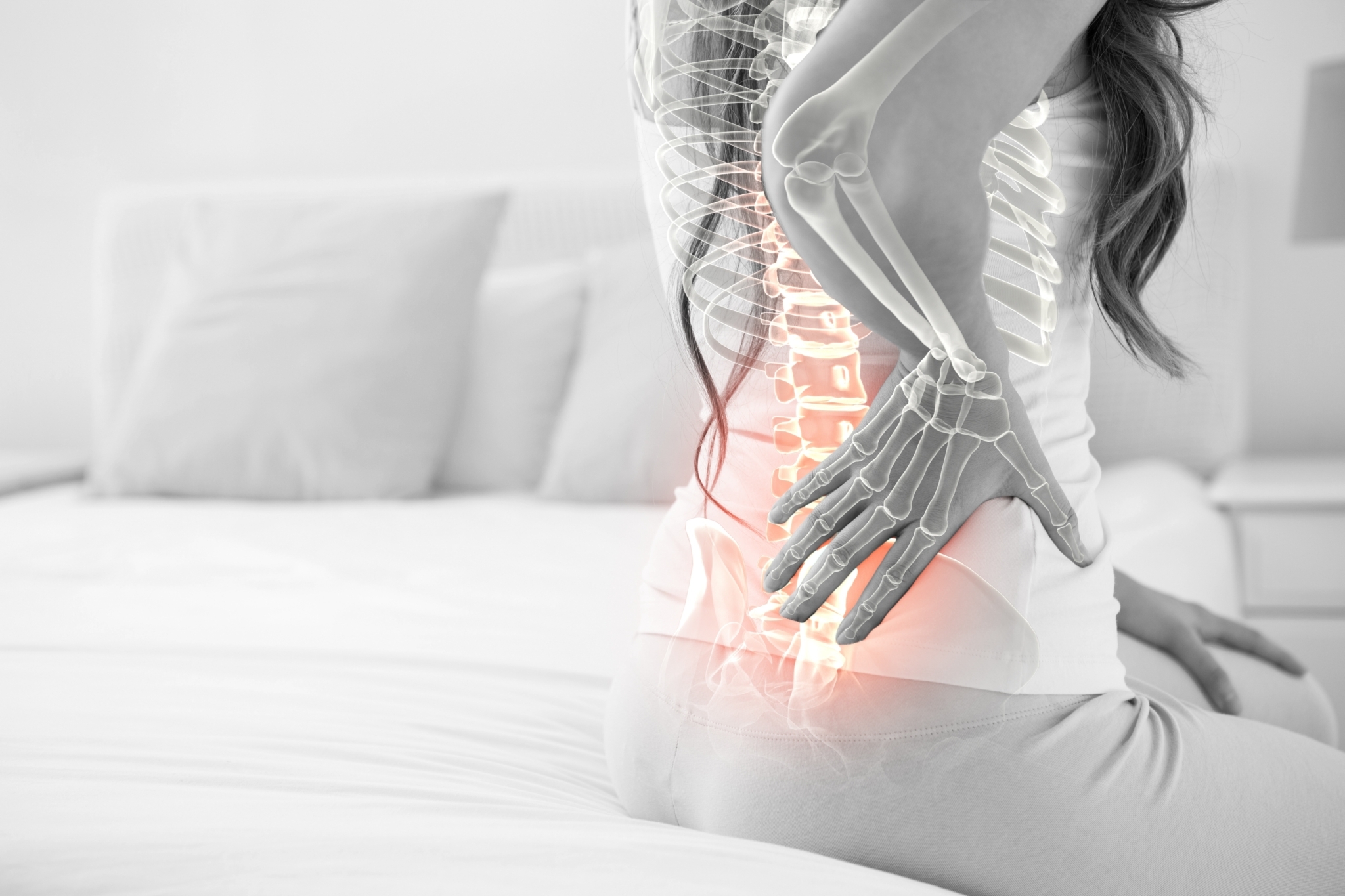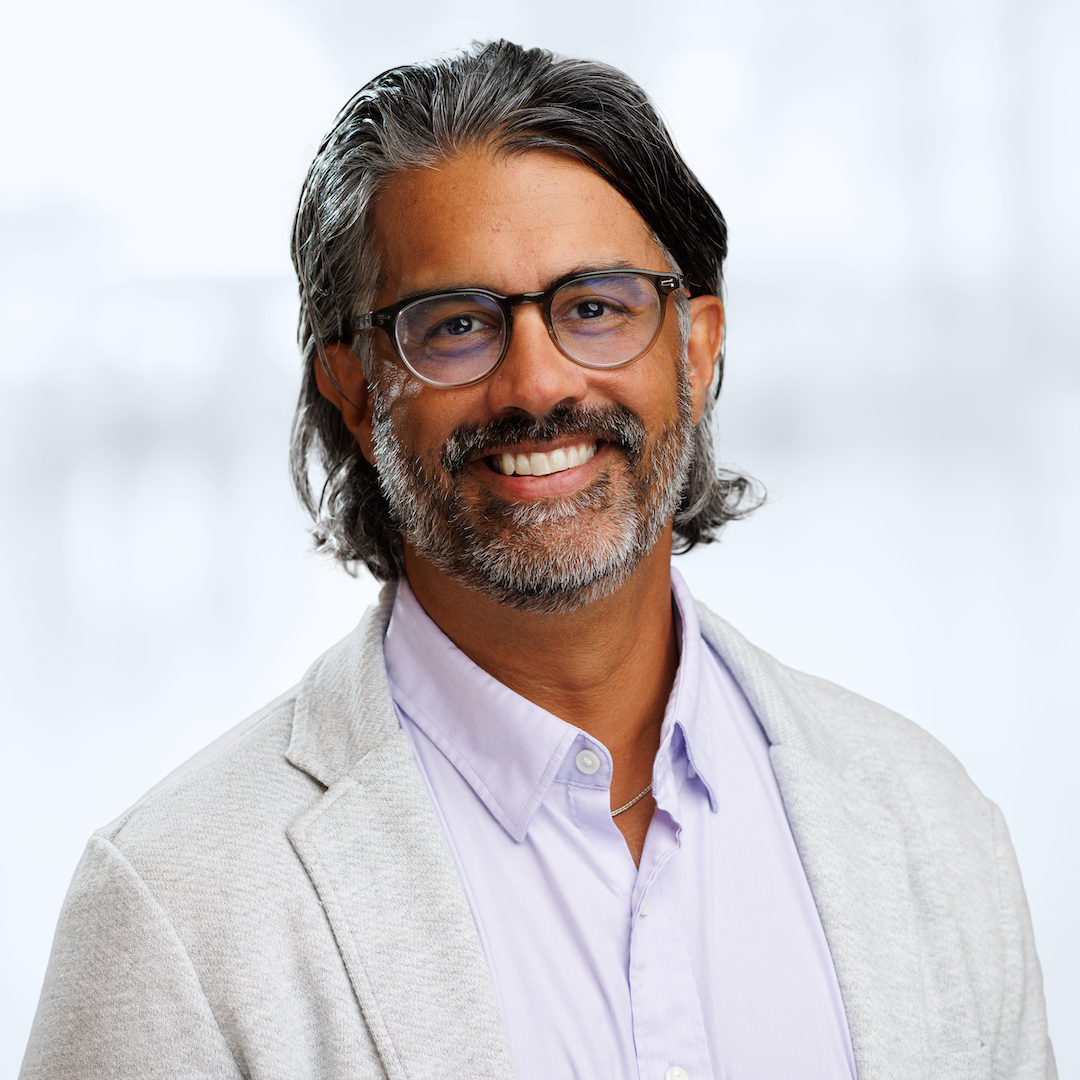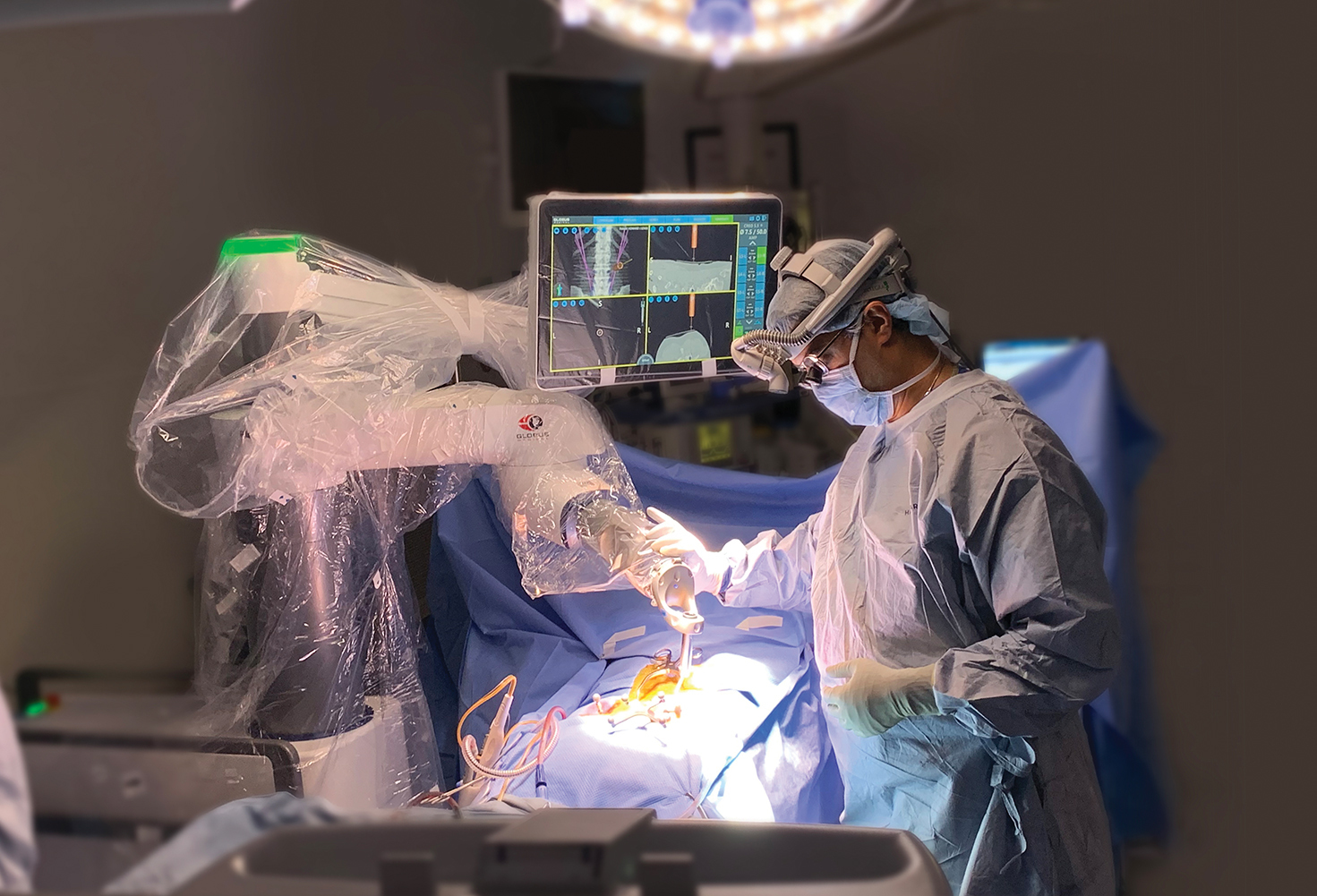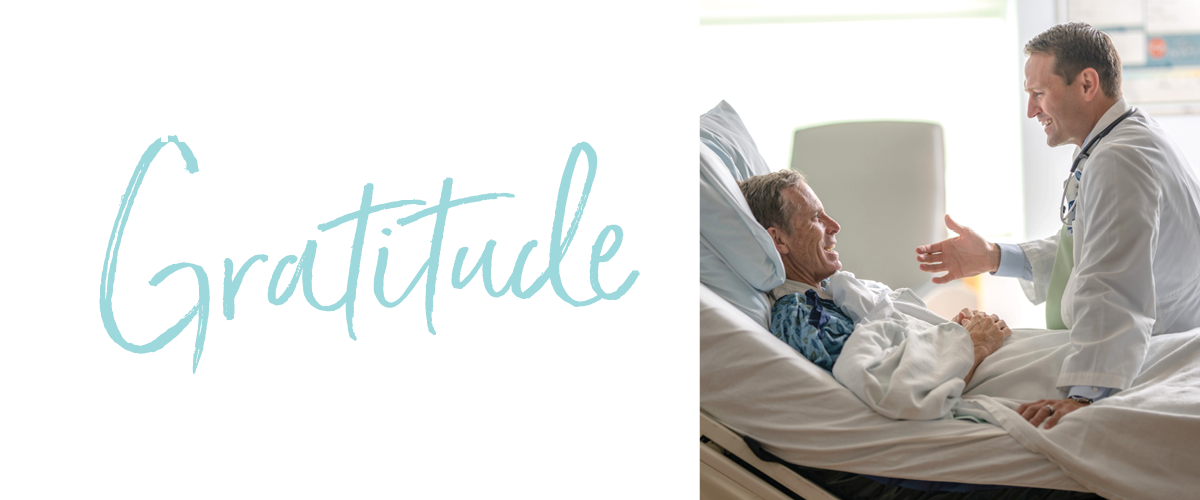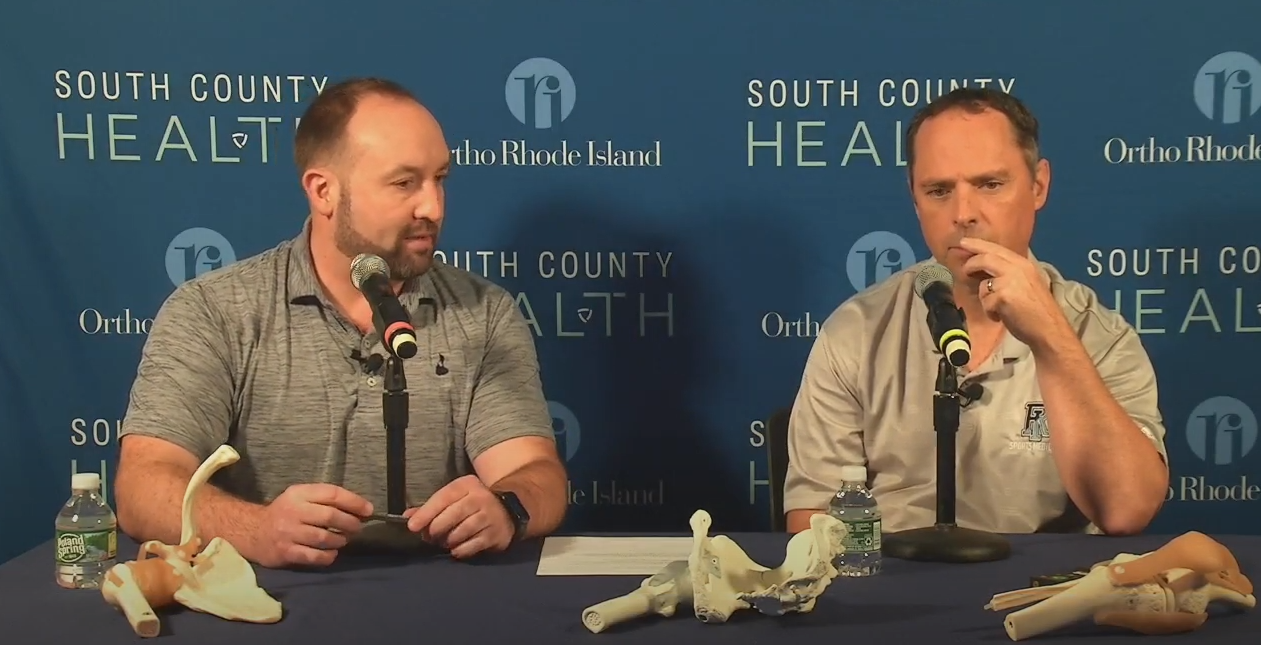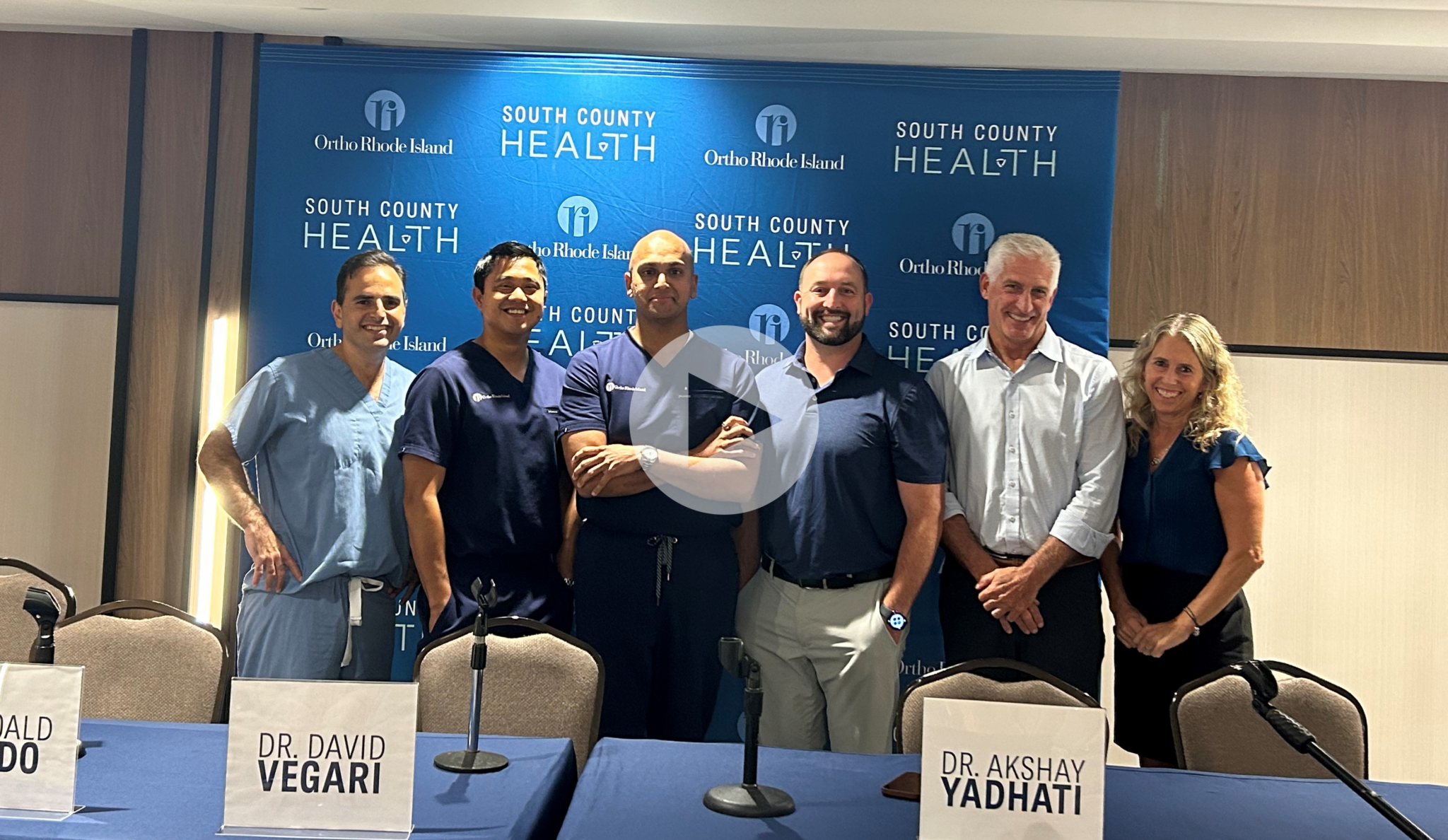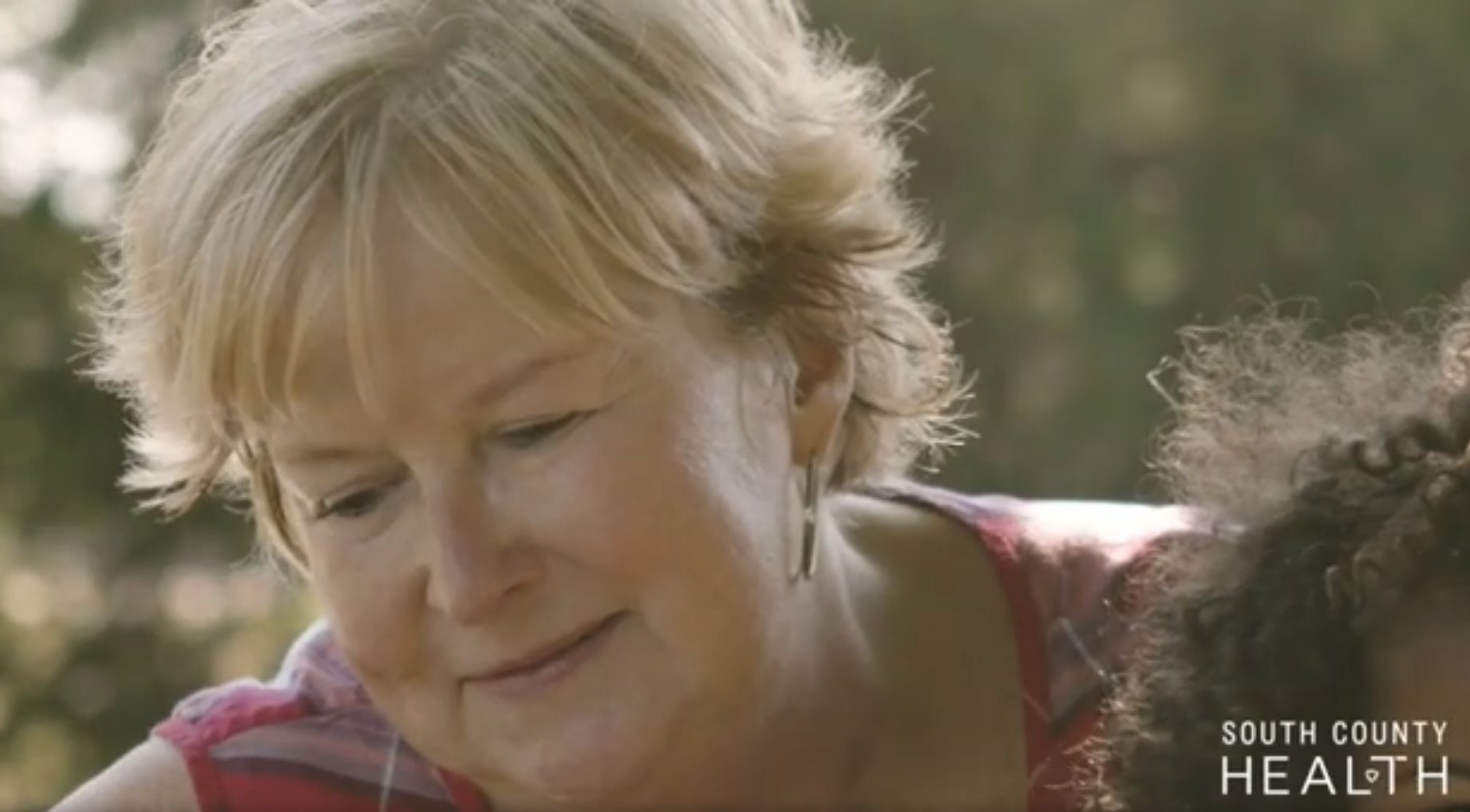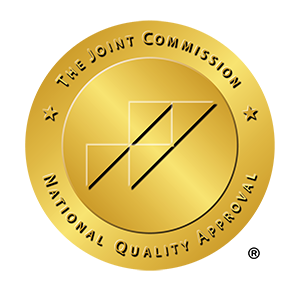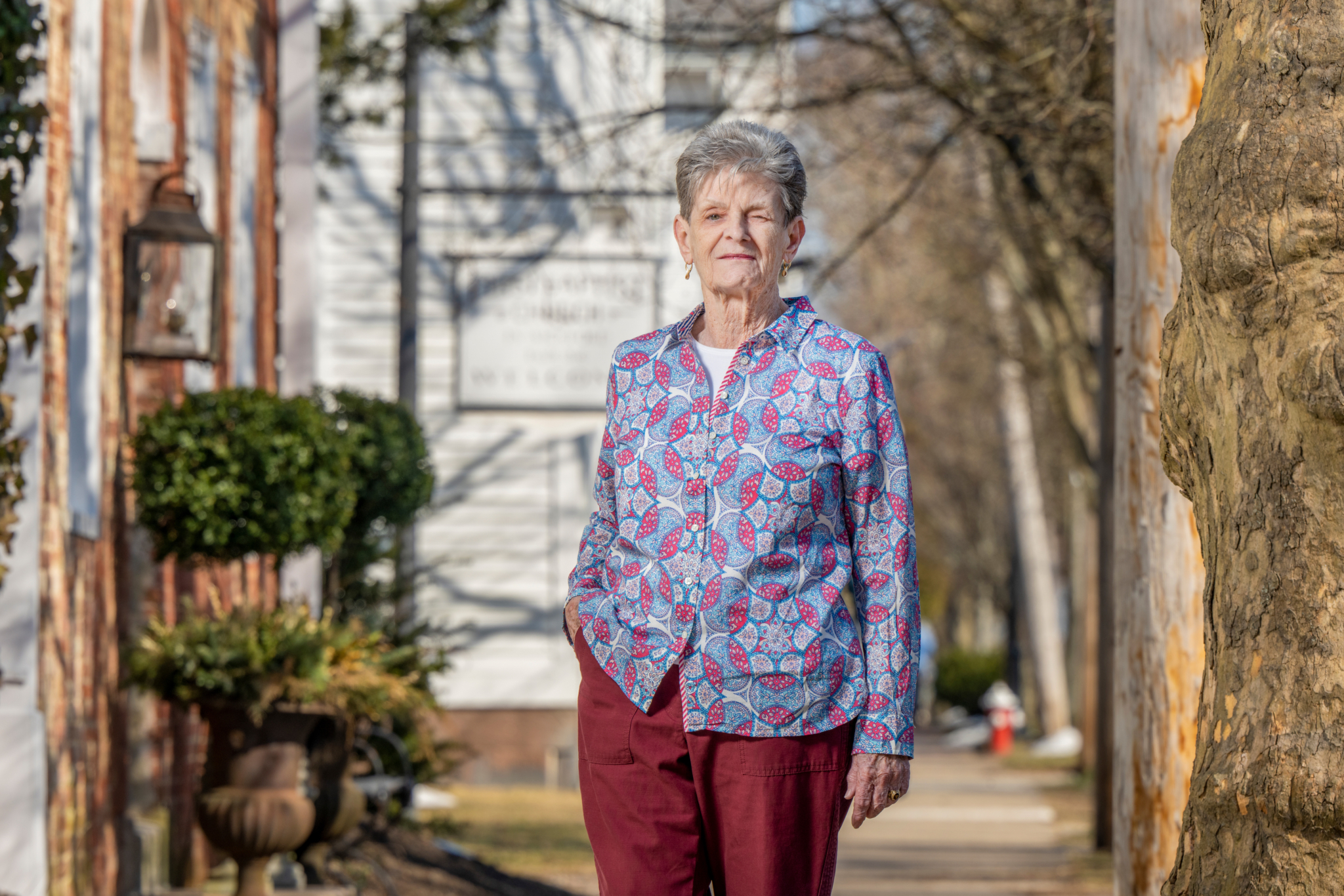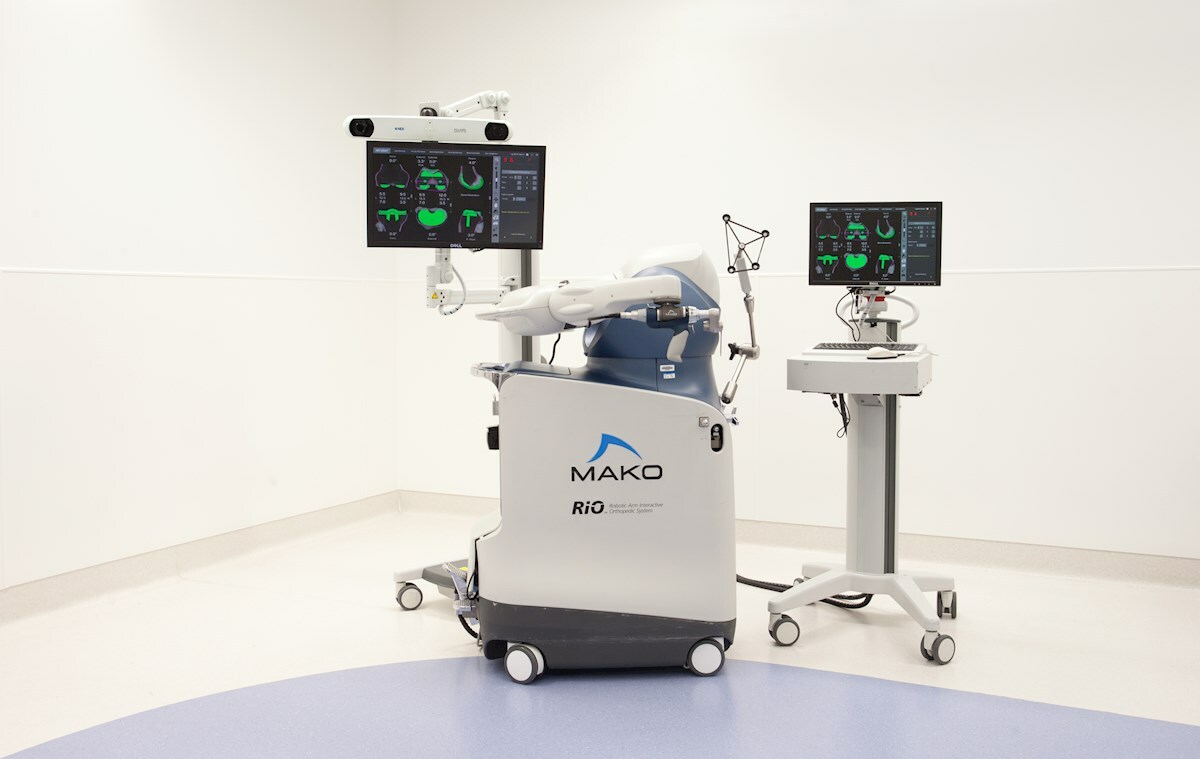Spine/Back Pain, Procedures, Treatments
Living with this pain and its physical limitations can take a toll on your quality of life. Our goal at South County Hospital is to pinpoint the cause of your pain as it relates to the spine and develop the best care plan for you, by drawing from our wide array of advanced non-surgical and surgical treatment options.
Ortho Rhode Island spine specialists will work with you to understand the cause of your pain and to develop an individualized care plan based on non-surgical and surgical treatment options.
In partnership with Ortho Rhode Island, South County Health embraces innovation to produce better patient outcomes. If you and your spine specialist decide to move forward with operative treatment, robotic-assisted spine surgery with ExcelsiusGPS™ might be right for you.
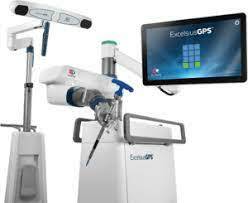
The ExcelsiusGPS™ is the next revolution in robotic spine surgery, using robotics and advanced navigation for improved efficiency and accuracy in spinal and neurological procedures, much like a GPS in your car.
Common Conditions Ortho Rhode Island Spine Specialists Treats
- Herniated disk (rupture of a disk in the neck or lower back)
- Spinal stenosis (narrowing of the canal surrounding the spinal cord and/or spinal nerves)
- Radiculopathy (shooting pain down the arm or leg)
- Cervical myelopathy (damage to the spinal cord in the neck region)
- Spondylolysis (defect in a segment of bone in the lower back)
- Spondylolisthesis (slippage or displacement of one vertebra relative to another)
- Degenerative disorders of the spine
- Trauma (fractures)
- Sciatica (nerve pain the runs into the buttocks and leg)
Partners in Your Care
Ortho Rhode Island's spine specialists focus on understanding your symptoms, your treatment goals, and the impact of your condition on your quality of life.
This patient-centered care offers guidance, encourages informed and shared decision-making, and empowers you to determine what’s right for your treatment. Patients receive a complete evaluation by our spine specialists or a physician's assistant, as well as a thorough explanation of their symptoms and of non-operative and operative treatment options.
These treatments help provide pain relief and help restore function so that you can resume your activities at work and at home. Their conservative approach can make surgery unnecessary, or delay the need for surgery as a treatment option.
They may suggest methods such as guided injections, specialized physical therapy, biofeedback, exercise, activity modification, and medication.
We believe spine surgery should be a last option. Back pain can often be resolved through non-surgical methods. They may suggest methods such as guided injections, specialized physical therapy, biofeedback, exercise, activity modification, and medication.
This conservative approach can provide pain relief and help restore mobility without surgery, so you can get back to your life. If the problem doesn’t respond to non-operative measures, or if neurologic function is impaired, operative care focuses on comprehensive treatment tailored to you and your lifestyle.
We are committed to listening to and guiding the patient with respect and compassion. Through this process, we empower our patients to make the best decision for their treatment.
Our Focus
Our team focuses on the following conditions among others:
The narrowing of the spinal canal in the bones of the cervical vertebrae (bones in the neck) or the lumbar vertebrae (bones of the lower back) causes pinching of the spinal cord in the neck, or spinal nerves in the lower back; this results in weakness of the neck, legs and arms, pain, stiffness, numbness, and can cause nerve damage; this may be caused by the disks between the vertebrae bulging out more than normal or bone spurs that develop with arthritis in the neck and back.
Refers to spinal cord compression due to the narrowing of the spine in the neck (Cervical Stenosis); symptoms are a heavy feeling in the legs, inability to walk briskly, deterioration of motor skills (handwriting or buttoning a shirt,) bursts of shooting pain through extremities and a loss of balance.
A condition that results from compression of nerves in the lumbar region of the spine (lower back); this most commonly results in a lack of blood flow to the nerves that control the legs; important symptoms to know are tingling, pain, or cramping in the lower back that can radiate down one or both legs, hips, and buttocks; this is caused by Spinal Stenosis (narrowing of the spinal canal).
Occurs when the discs between the vertebrae (the bones of the back) become damaged and consequently rupture (break open), causing a fragment of the disc to become dislodged and pinch a nerve; disc herniation most commonly occurs in the cervical (neck) area or lumbar (lower) part of the spine; the usual causes of herniation are ‘wear and tear’ from age or strenuous manual labor, but can also occur due to trauma; symptoms include pain, weakness or numbness in the arms and hands (cervical), or the legs and feet (lumbar).
A condition caused by a compressed nerve in the spinal column can cause numbness, tingling, weakness, or pain in arms and legs; radiculopathy is found most commonly in the cervical (neck) area leading to arm symptoms, and lumbar (lower) portion of the spine, leading to leg symptoms. Many people refer to this condition in the legs as “sciatica”.
Schedule a consultation with an Ortho Rhode Island Spine Surgeon today.

